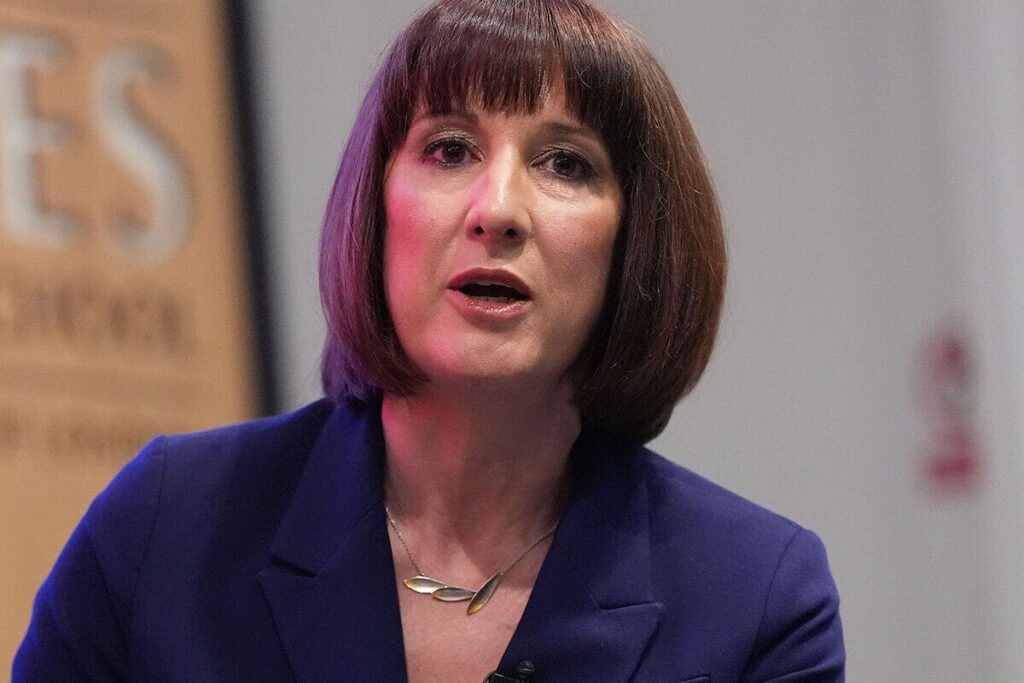
According to official data released before the chancellor’s inaugural budget presentation, the public sector debt in the UK has now reached 100% of its annual economic output, marking a significant milestone not seen since the 1960s.
The ONS projected that the figure rose from 99.3% in the preceding month.
Analysts determined that the government incurred a borrowing of £13.7 billion in August, exceeding the Office for Budget Responsibility’s forecast by £2 billion.
The borrowing for the current financial year amounted to £64.1 billion, exceeding the OBR’s prediction by £6 billion.
“August borrowing reached the third highest level on record, increasing by more than £3 billion compared to 2023,” stated ONS chief economist Grant Fitzner.
Although central government tax receipts increased significantly, spending increased at the same time due to rising benefits and higher public service spending because of rising operational costs and wages.
The official data were released in the context of budgetary reductions, which encompass the removal of universal winter heating subsidies for pensioners, alongside public sector pay agreements aimed at halting strike actions prior to Chancellor Rachel Reeves’ inaugural budget on 30 October.
The prime minister and she have indicated that difficult decisions are necessary to tackle a £22 billion deficit in public finances originating from the Conservative era.
For the first time in decades, the government’s debt has exceeded 100% of economic output, which presents a significant challenge for Ms. Reeves and her Treasury team, especially as consumer confidence suffers due to budgetary concerns and slowing economic growth.
The Times indicated that the Bank of England’s strategy to decelerate the divestment of bonds from the financial crisis period is projected to enhance her financial position by £10bn. Nevertheless, she continues to uphold a commitment to fiscal discipline, even in the face of mounting pressure to reconsider the winter fuel payment decision.
Darren Jones, the chief secretary to the Treasury, stated: “We inherited an economy that wasn’t working for working people when we came into power.
“The current dataset indicates that borrowing levels for August have reached an unprecedented high, excluding the pandemic period.” The current debt stands at 100% of GDP, marking the highest ratio observed since the 1960s.
“Due to the £22bn deficit in our public finances that we have inherited this year, we are implementing stringent measures now to stabilise the fundamentals of our economy, enabling us to reconstruct Britain and enhance the prosperity of every region.”
Ms. Reeves has indicated that there will be an increase in taxes in the upcoming budget; however, she has excluded any hikes in income, corporation, and value-added tax rates, citing the party’s electoral commitments to avoid taxing “working people.”
There is potential for inheritance and capital gains taxes to be targeted, alongside speculation that decreasing fuel prices may enable her to reverse the 5p-per-litre fuel duty reduction implemented by Rishi Sunak during the peak of the cost of living crisis.